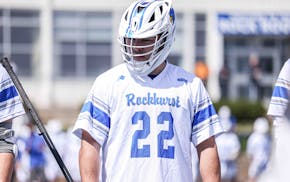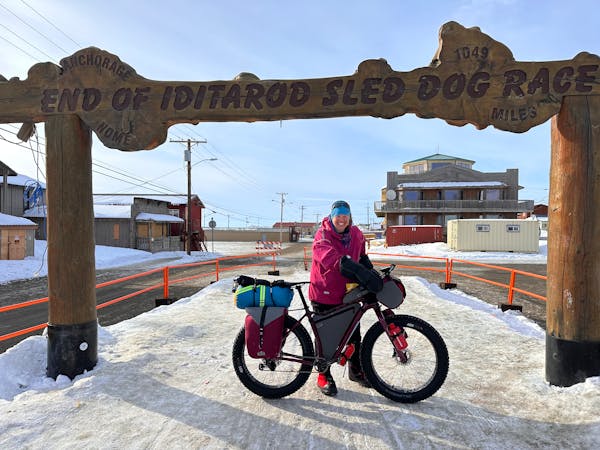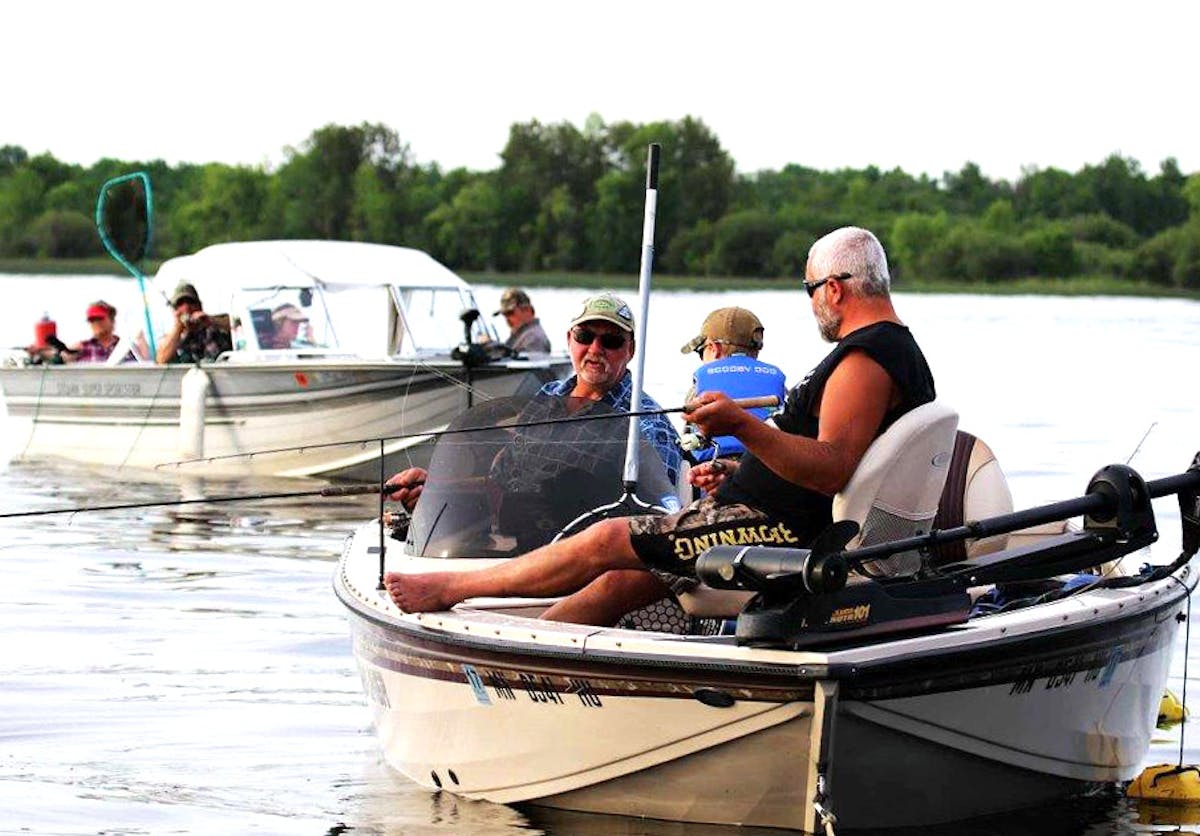It's always a proper time to get schooled — even as adults.
The new book "Forest School for Grown-Ups" is something akin to a user's guide for our relationship with the natural world, full of foundational bits of wisdom about the seasons and what seems like most every woodland skill.
All interesting, but what's inspirational is getting at the heart of author Richard Irvine's intent: Adults taking up the forest school ethos — an idea associated with children and free play and sparking our inherent connection to wild places. It is an approach, Irvine writes, that "values intrinsic motivation to learn about what intrigues you."
Age is irrelevant. There is no substitute for a new experience to provide valuable answers: Is this something I truly want to do, and pursue?
If the answer is no, well, the risk of trying something new had worth, too.
"It's easy to stay in our comfort zones and become slowly risk-averse," Irvine goes on, "but a life well lived needs adventure, surprise, unpredictability, and spontaneity — so stray off the path go out in the rain, climb a tree, but most of all, risk trying something new."
From recreation to conservation work, here are several random ways to "get schooled" this spring in the outdoors. May the learning continue into summer and beyond.
Mountain biking: The Loppet Foundation has a suite of courses around an activity that is one of the most popular in Minnesota, with new systems popping up yearly. The Loppet's Trail Adults sessions were created to encourage parents of the children participating in Trail Kids to roll, too. But Trail Adults is for all comers, said Loppet Sport Administrator Todd Bauer, who added that programs continue to grow in popularity. Participants work on essential skills and then follow up with a ride on the Theodore Wirth Regional Park trails in Minneapolis.
The Loppet also puts on separate mountain biking clinics for beginners and even advanced riders looking to sharpen skills, say, around cornering or body position. The clinics are generally over two days (shorter than the Trail Adults gatherings that happen weekly over several weeks) and are smaller in size, a better dynamic for direction from coaches.
Whether people are signing up to learn fundamentals or have progressed to wanting the best wisdom on handling jumps, Bauer said the interest is unmistakable — and important. Many cycling systems are adding more technical features.
"I am finding people want to learn these things in smaller stints and go practice, and then come back and sign up for something later on." (Details and registration at loppet.org/programs)
Electric bikes: ROAM bike shop in White Bear Lake will host a workshop on e-bike basics — from how they work to the types of rides — from 6-8 p.m. March 29. ROAM owner John Sheehan said the timing is good because of the evolution of the market and of riders. The Light Electric Vehicle Association said U.S. sales are tracking toward 1 million annually. The worlds of the recreational rider and, say, the commuter rider who runs errands are converging, he said, and brands have noticed and begun producing more versatile e-bikes. Some are meant for trails and utility. The question, Sheehan said, is "what are you trying to do with your bike and what is the right one?" The workshop will get at answers. (Register at roambikeshop.com)
Maple syruping: A rite at many state and regional parks is programs around the long-held tradition of turning maple sap into syrup, from tapping trees to boiling sap. Note: Programs are free at state parks, but a permit is required to enter the parks. (dnr.state.mn.us/state_parks/events.html; threeriversparks.org)
Trail work: An excellent gateway to getting a feel for the terrain of the 300-plus mile Superior Hiking Trail on the North Shore is to roll up one's sleeves and volunteer. The Superior Hiking Trail Association coordinates a range of opportunities with hiking season on the horizon. The first half-day introduction to trail work is set for June 3. Registration opens in late April. Said volunteer coordinator Barbara Budd in an e-mail to the Star Tribune: Volunteers learn the effort that goes into maintaining the trail and can feel good about contributing. "When I take pictures of folks working on the trail, the smiles are huge, showing the pride they take in making a difference." (shta.org)
Birding: The spring migration will pick up in the weeks ahead. The active Carpenter Nature Center has a multitude of programs each season. Its MN Campus Hike (from the Hastings location) April 1 promises to help participants learn to identify birds by sight and sound and to offer field guides and binoculars if needed. Registration is required. Call 651-437-4359. (carpenternaturecenter.org)
Fishing: Three Rivers' Outdoor Recreation School will get new anglers grounded in fishing basics April 29 at Cedar Lake Farm Regional Park in New Prague. It is a program like several through the fishing season at various locations. Gear and a license for the program are provided. (threeriverspark.org)
'Deeper dive'
However people get educated, the power of learning through a new adventure in the outdoors can be transformative, said Mary Jo Kreitzer of the University of Minnesota.
"Learning new things is great for our brains at every age," said Kreitzer, who directs the Earl E. Bakken Center for Spirituality & Healing.
Courage, empowerment and connection are byproducts of simply trying something new. When that act is paired with service or volunteering, the experience can be even more revelatory, she added.
What to get schooled in when the possibilities seem limitless?
"Think about, what are your gifts? What do you care about? What are your values?" she asked. "That could point [you] in the direction to an area to take a deeper dive of learning."

Twins new infielder brings versatility and something else: a love for the Packers

A small Jesuit university in Missouri has become a landing spot for MN lacrosse talent
What moves should Minnesota United consider at next MLS trade deadline?


